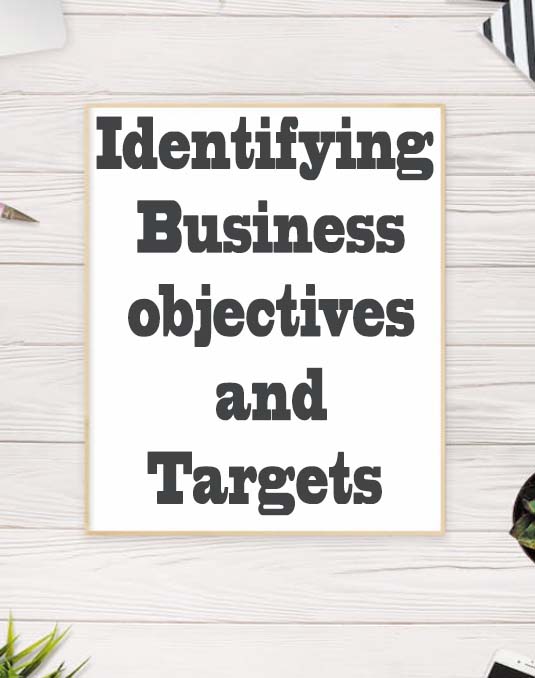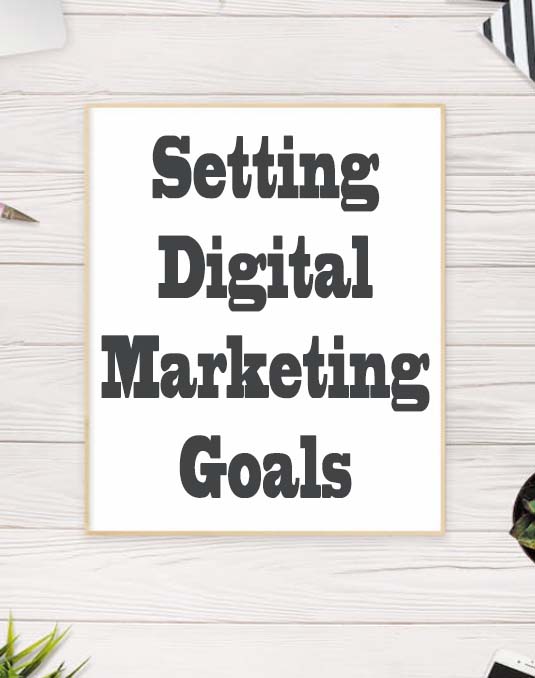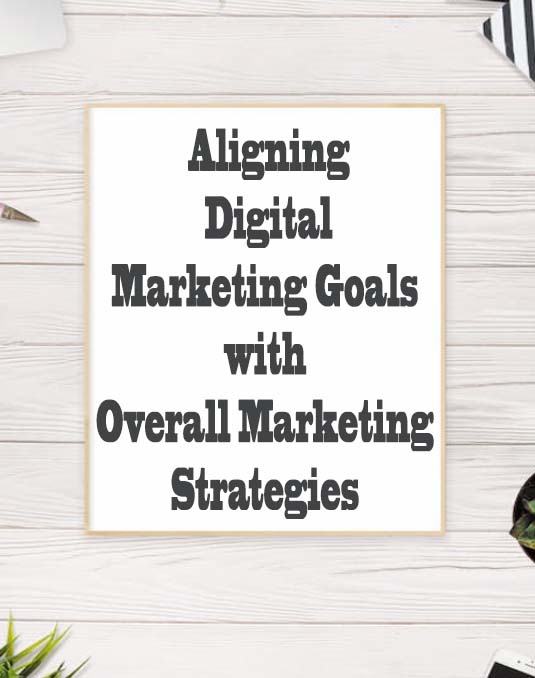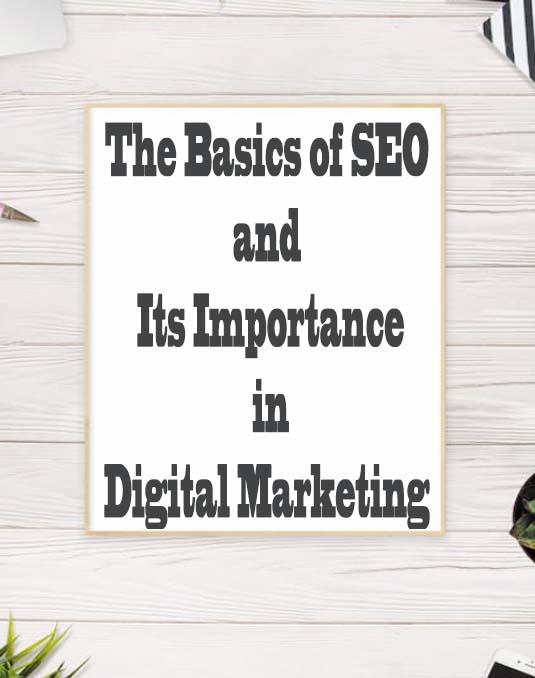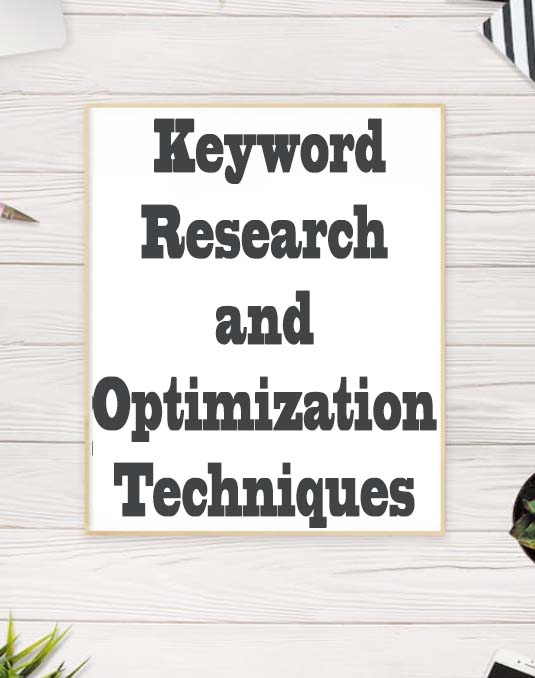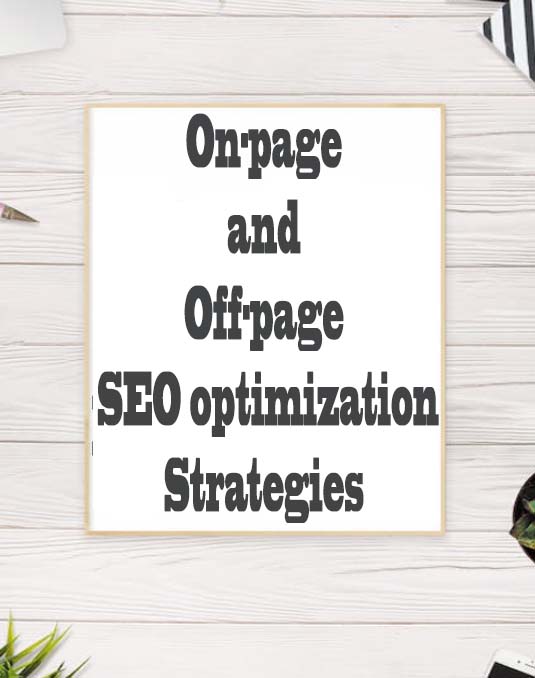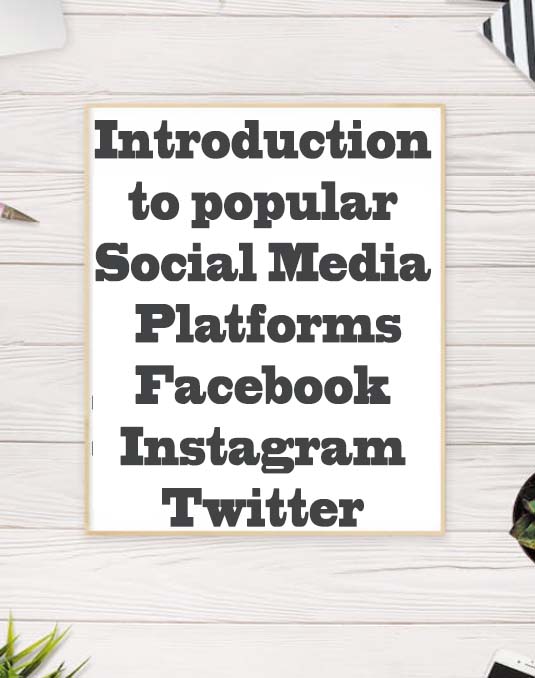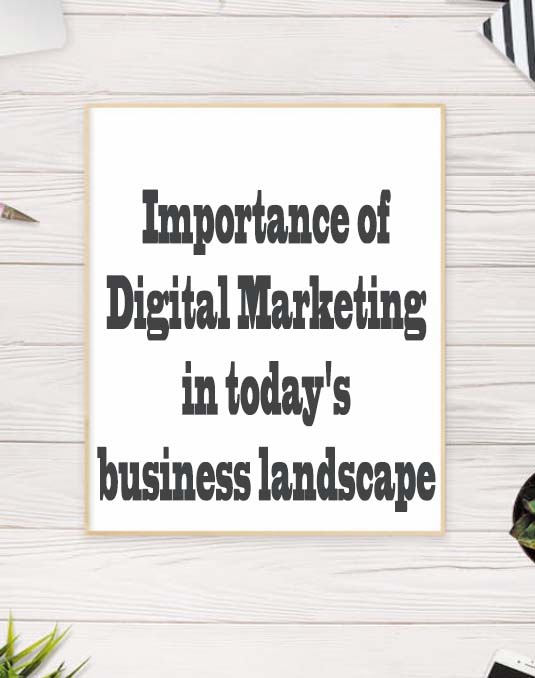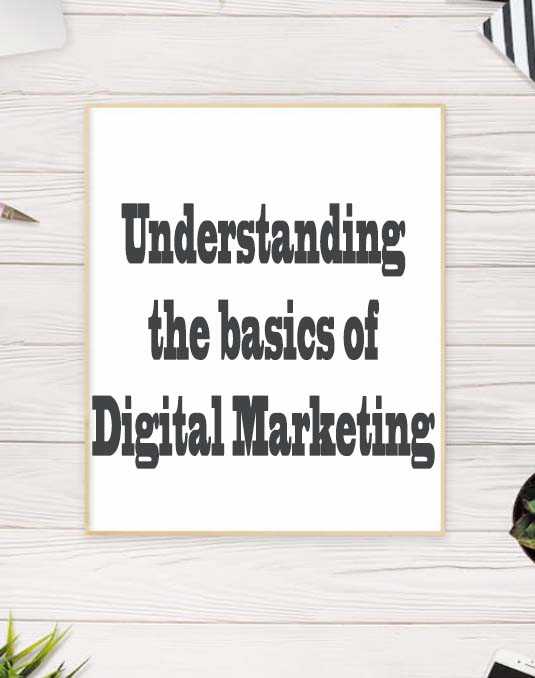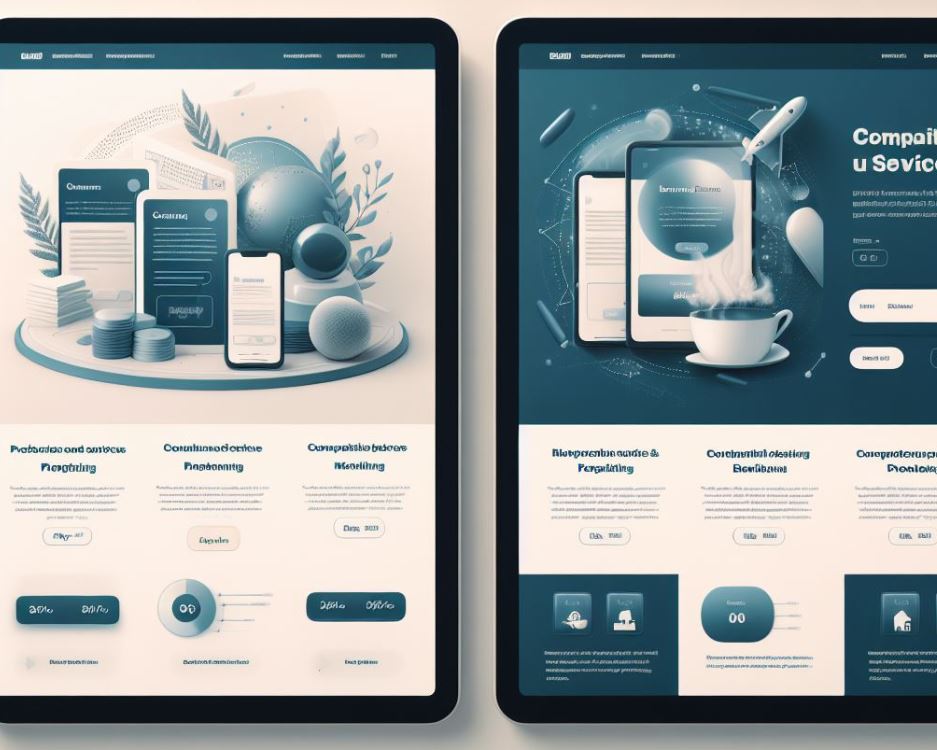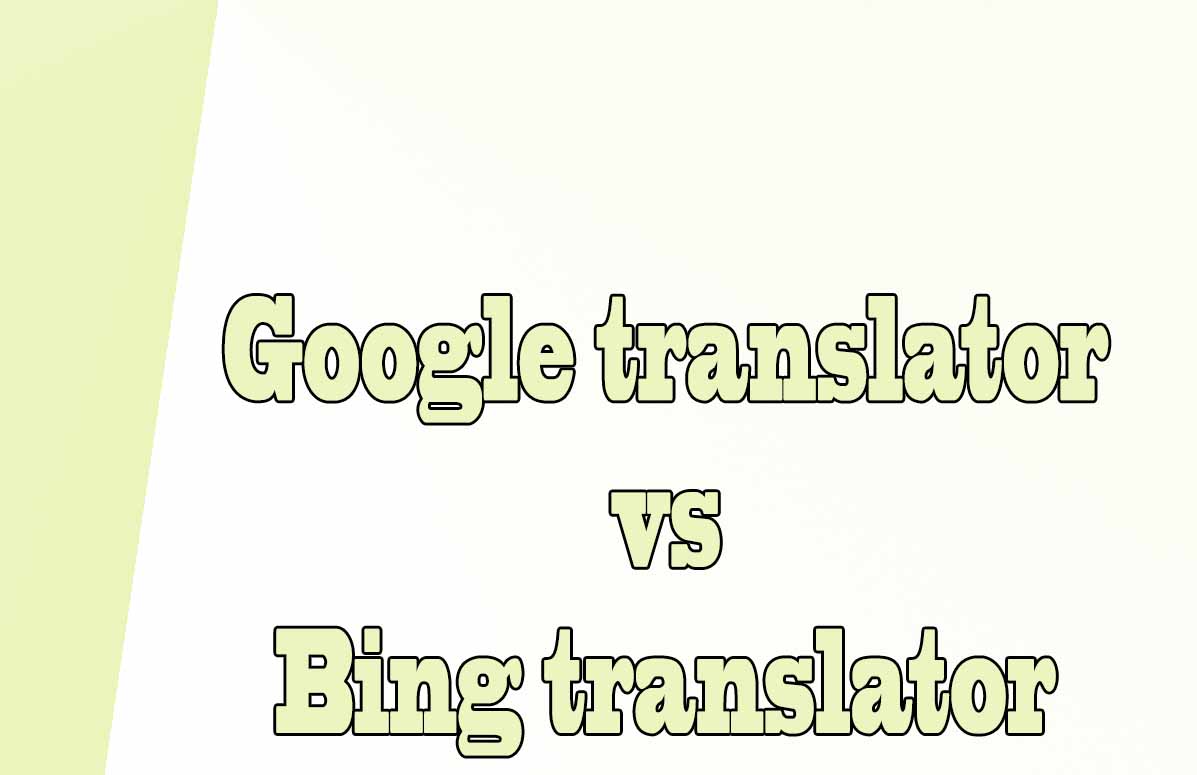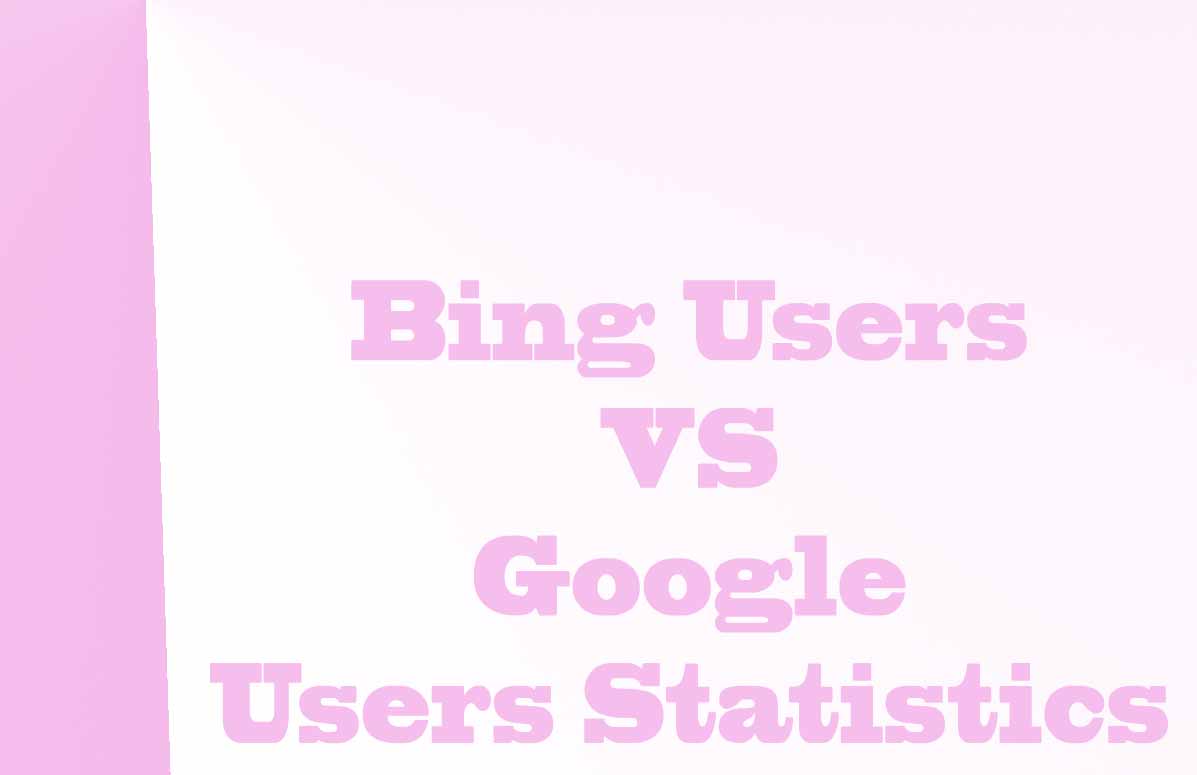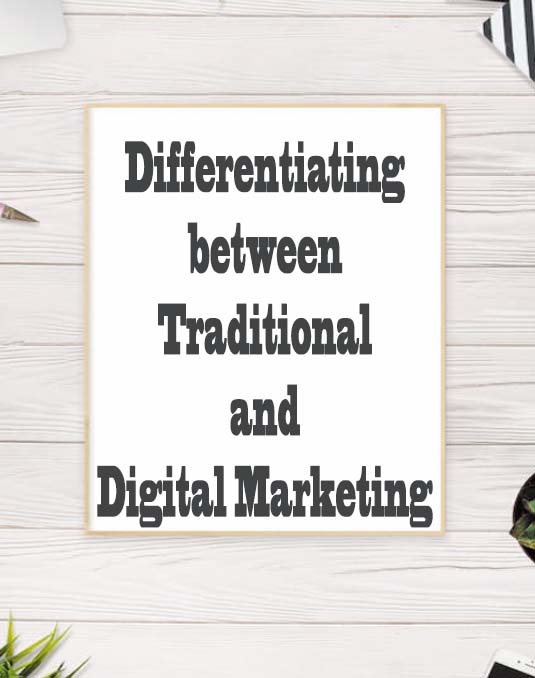
Differentiating between traditional and digital marketing: Introduction
In today's fast-paced, technology-driven world, marketing has evolved drastically, giving rise to new strategies and platforms.
Traditional, which refers to techniques used before the advent of the internet and digital technologies, now coexists with digital marketing, which leverages digital tools and platforms to reach and engage wider audiences.
Understanding the differences between these two approaches is crucial for businesses as they can dictate the success of marketing campaigns.
Let's delve deeper into the various aspects that differentiate traditional and digital marketing.
Reach and Targeting
Traditional marketing typically relies on offline channels such as print media, television, radio, and billboards.
These channels have a limited reach and often target a broad, diverse audience.
Conversely, digital marketing utilizes online platforms such as search engines, social media, websites, email, and mobile apps.
Digital marketing allows businesses to reach a global audience, specifically target niche markets, and personalize messages based on user data.
Cost
Traditional marketing can be costly, particularly for small businesses, as it involves expenses related to printing, distributing, and broadcasting advertisements.
On the other hand, digital marketing offers cost-effective alternatives. While budget allocation is still required, online platforms often have lower barriers to entry, with options to run campaigns at various price points, making it accessible to businesses of all sizes.
Interactivity and Engagement
Digital marketing opens up a world of interactivity and engagement. Through social media, businesses can directly communicate with their target audience, gaining feedback, addressing concerns, and building relationships.
Digital campaigns offer opportunities for two-way communication, with users able to comment, like, and share content, fostering brand advocacy and organic growth.
Traditional marketing, by contrast, lacks this level of instant and real-time interaction.
Measurability
One of the significant advantages of digital marketing is the ability to measure the success of campaigns accurately.
Various analytical tools and metrics, such as website traffic data, social media engagement, conversion rates, and email open rates, provide marketers with valuable insights into their strategies' effectiveness.
Traditional marketing, however, often lacks these quantifiable measures, making it challenging to evaluate campaign success and ROI accurately.
Flexibility and Adaptability
Digital marketing allows for real-time adjustments and quick adaptability.
Advertisements can be modified or paused, targeting parameters adjusted, and strategies refined on the go.
In contrast, traditional marketing efforts tend to have longer lead times and are harder to modify once launched, making it less flexible in responding to changing market trends or consumer demands.
Tangibility and Trust
Traditional marketing often relies on physical materials such as brochures, flyers, or promotional items, offering a tactile and tangible experience to consumers.
These materials can contribute to building trust and credibility, especially for older demographics who might be more skeptical about technology.
Digital marketing, while intangible, can still establish trust through other means, such as customer testimonials, online reviews, and online security measures.
Conclusion
The differences between traditional and digital marketing are vast, each having its strengths and weaknesses.
While traditional marketing maintains its place and relevance, digital marketing's rise cannot be ignored.
Businesses should carefully analyze their target audience, budget, goals, and available resources to determine the most effective mix of traditional and digital marketing strategies for their specific needs.
By striking the right balance, businesses can maximize their reach, engagement, and ultimately, their marketing success.
Tips on SEO and Online Business
Next Articles
Previous Articles

